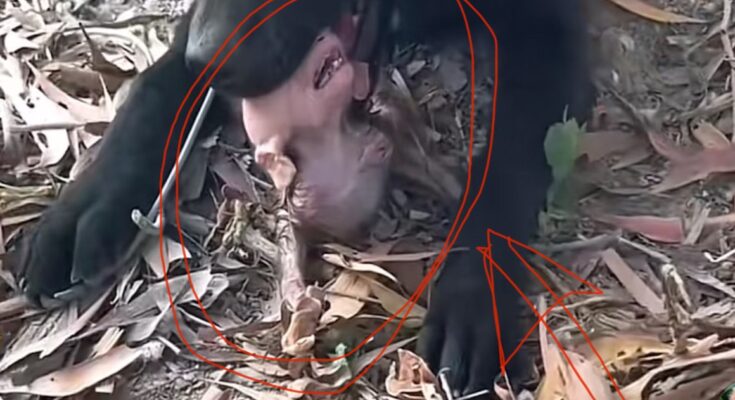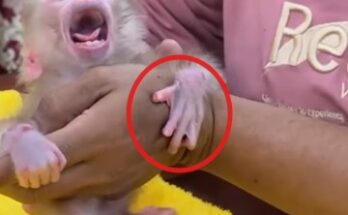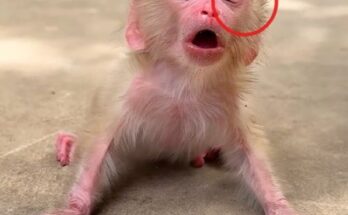Animal conflicts are not uncommon, especially in places where domestic animals and wildlife live side by side. One unfortunate example is when a monkey is bitten by a dog. Such incidents raise serious health concerns, not only for the monkey itself but also for humans and other animals that may come into contact with it afterward. The risk of infection from a dog bite should never be underestimated.
Why Dog Bites Are Dangerous to Monkeys
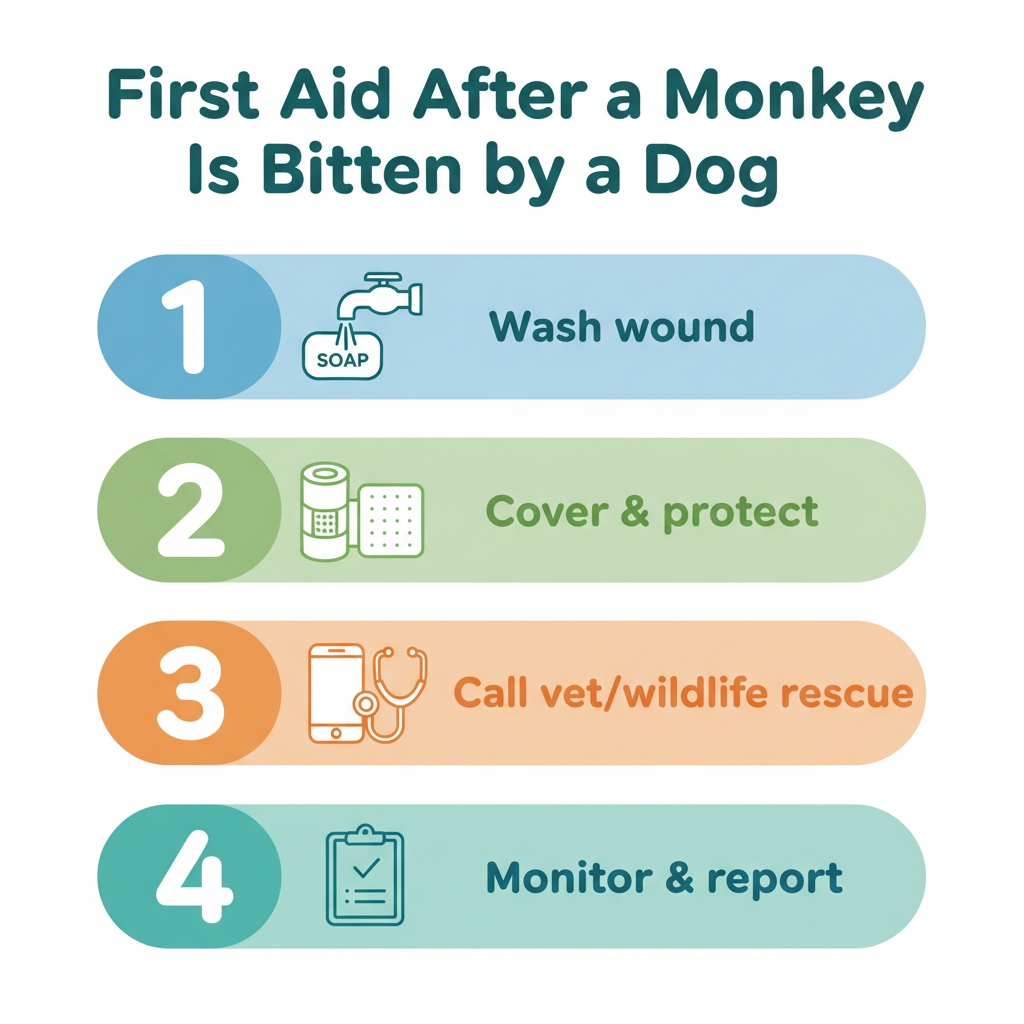
Dogs’ mouths naturally harbor a wide variety of bacteria and viruses. When a monkey is bitten, the puncture wounds can introduce pathogens deep into the tissue, creating conditions for rapid infection. Unlike superficial scratches, bite wounds are often difficult to clean thoroughly, and monkeys in the wild rarely receive immediate treatment. This means infections can develop quickly, causing pain, swelling, fever, and even life-threatening complications.
Common Infections That May Occur
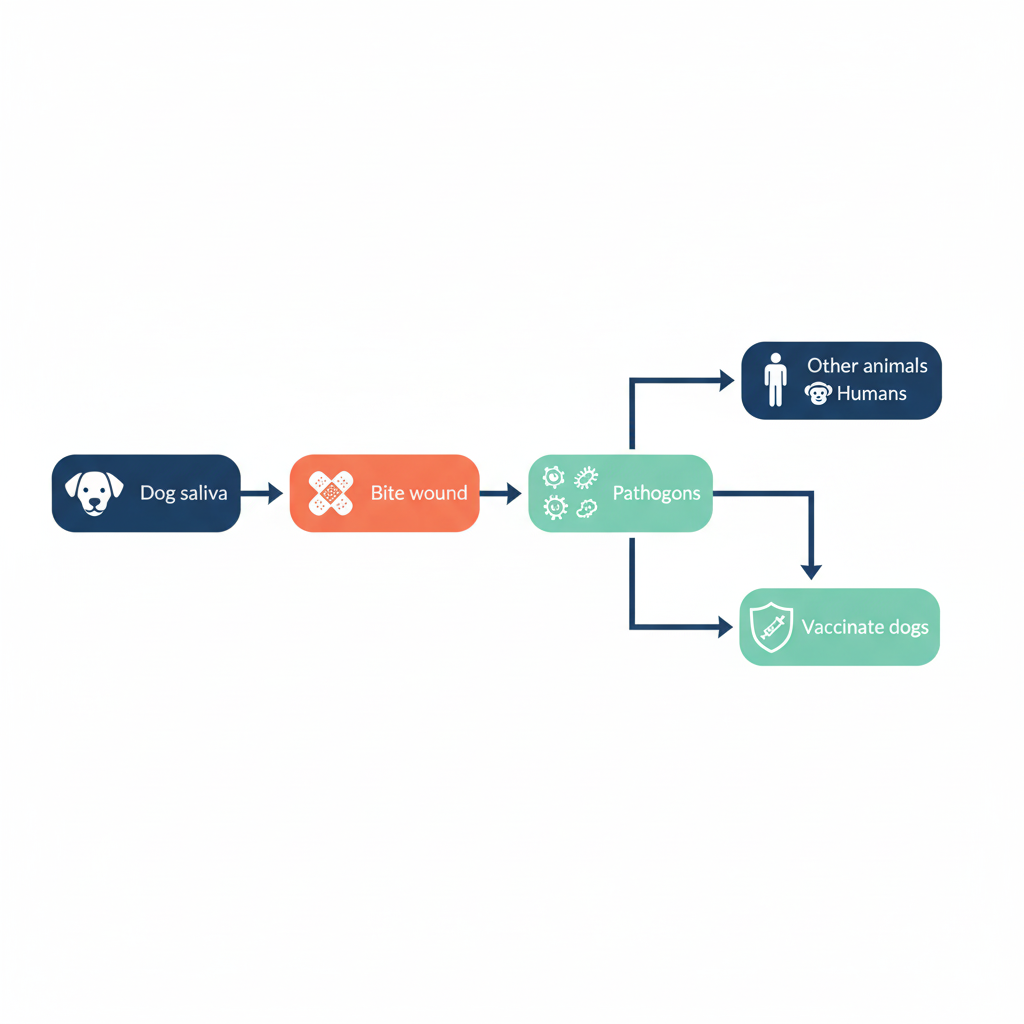
- Bacterial infections – Organisms such as Pasteurella multocida and Capnocytophaga canimorsus are commonly found in dogs’ saliva. They can cause severe local tissue infections and, in some cases, spread to the bloodstream.
- Rabies – Perhaps the most alarming risk is rabies, a viral disease that is almost always fatal once symptoms appear. If the biting dog is unvaccinated or suspected of carrying rabies, the monkey is at very high risk.
- Tetanus – Deep bite wounds can create an environment where Clostridium tetani bacteria thrive, leading to muscle stiffness and spasms.
- Secondary complications – Untreated infections can spread to muscles, joints, or bones, resulting in long-term suffering or death for the animal.
Broader Concerns
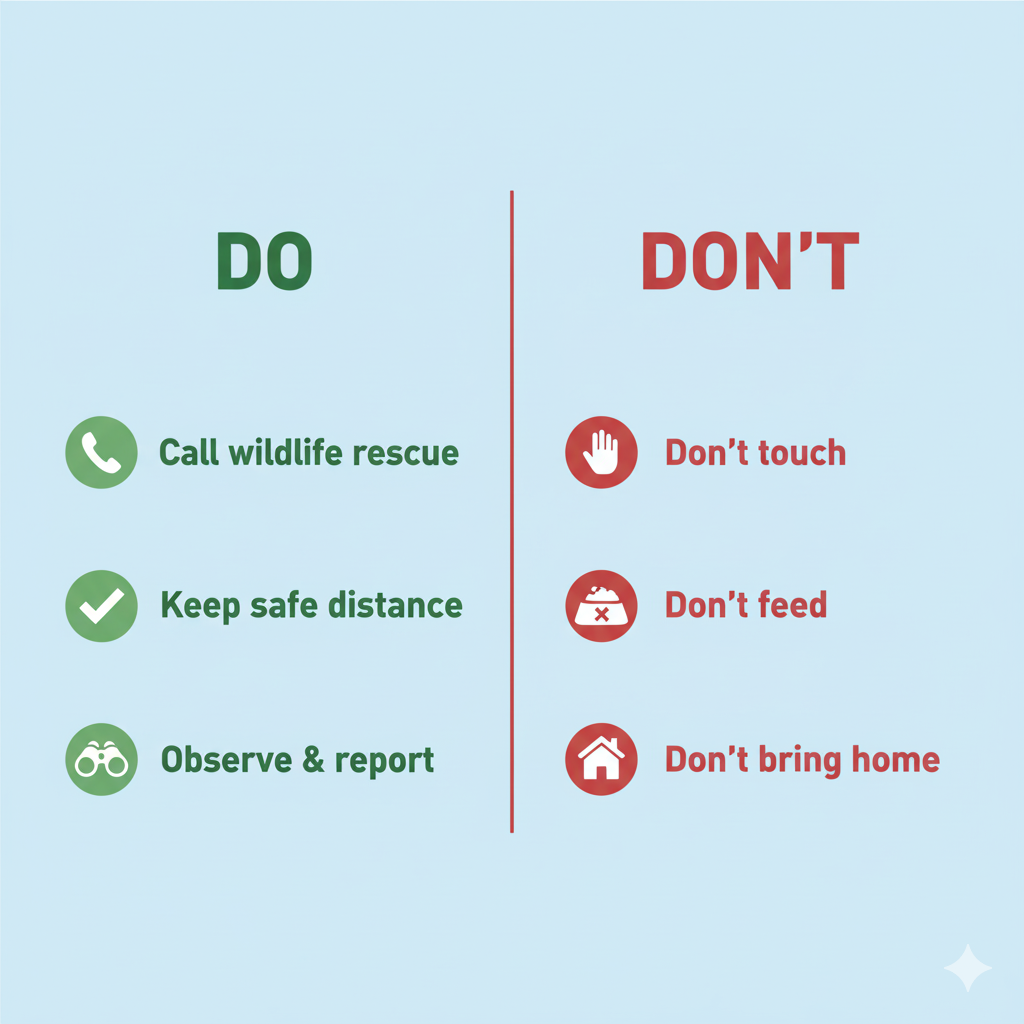
When wild monkeys contract infections like rabies, the risk extends beyond the animal itself. Infected monkeys may interact with humans, livestock, or other wildlife, creating a chain of transmission. This makes dog bites on monkeys not only an animal welfare issue but also a public health concern.
Prevention and Response
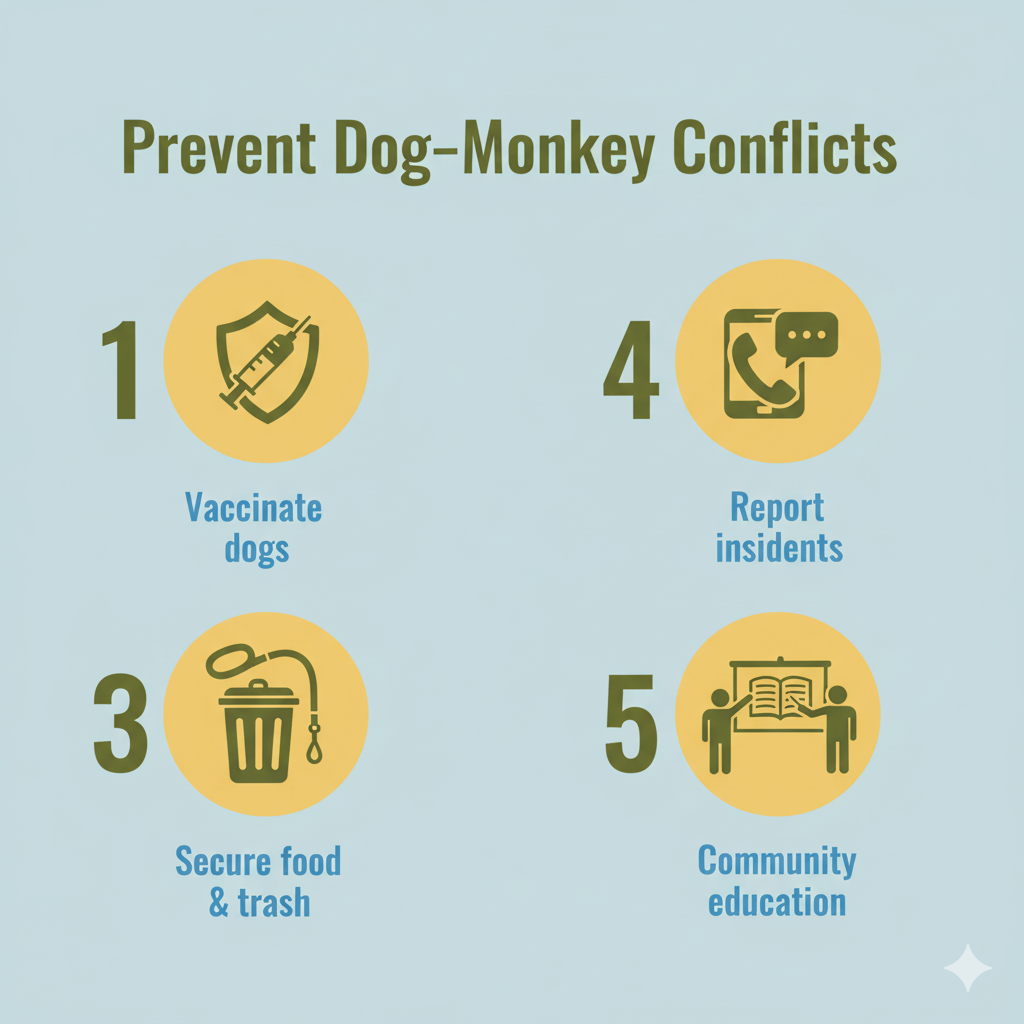
- Vaccination of dogs – Ensuring that domestic dogs are properly vaccinated, especially against rabies, is the most effective way to reduce risks.
- Responsible pet ownership – Keeping dogs supervised and limiting their interactions with wild animals helps prevent conflicts.
- Wildlife care – If a monkey is bitten and can be rescued, immediate veterinary intervention is necessary. Cleaning the wound, administering antibiotics, and assessing rabies exposure are critical steps.
Conclusion
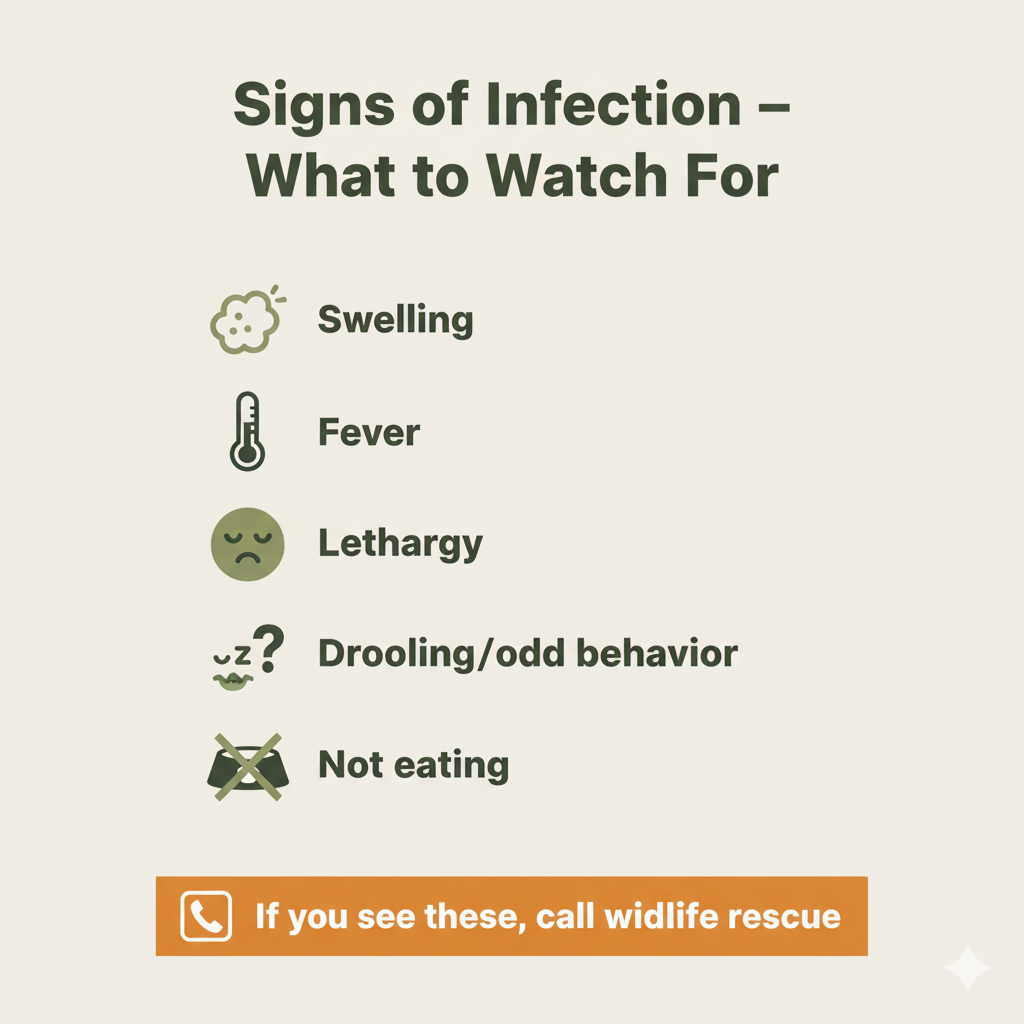
A poor monkey bitten by a dog faces far more than a painful wound—it faces the threat of serious infection and even death. This incident highlights the delicate balance between domestic animals and wildlife, and the shared responsibility of humans to safeguard both. By prioritizing vaccination, responsible pet care, and swift medical attention, we can reduce the risks and protect not only vulnerable animals like monkeys but also the communities around them.
